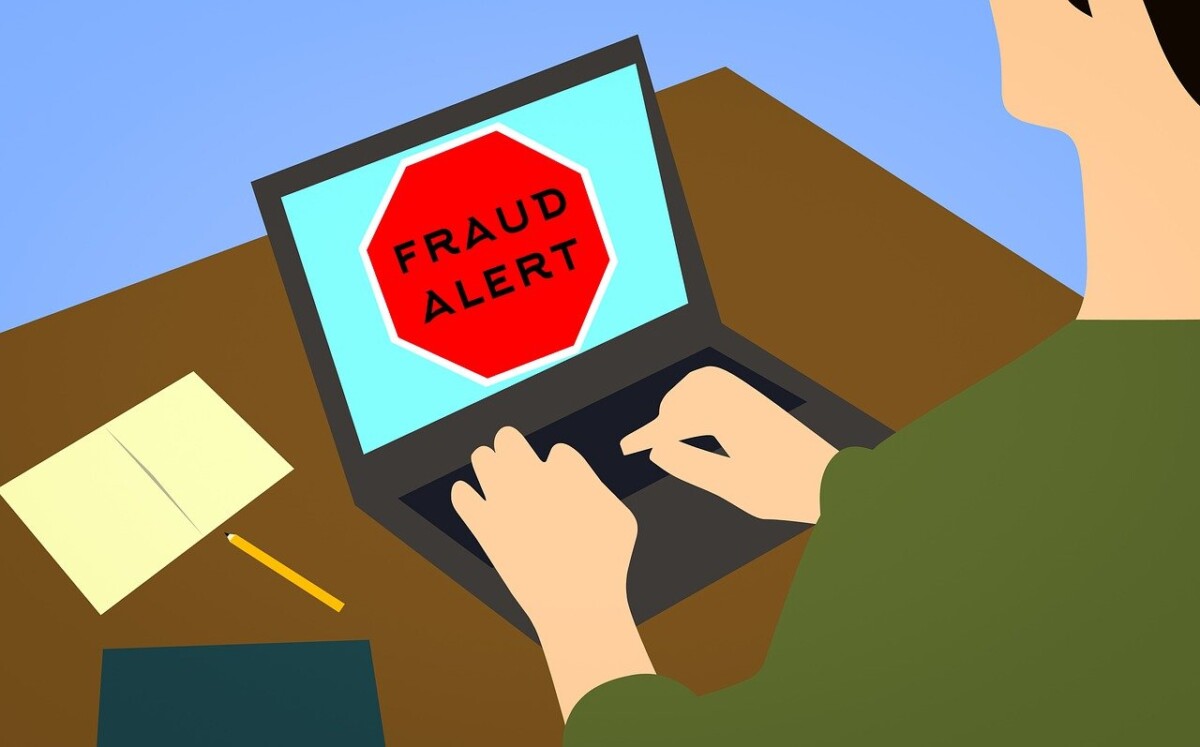Charity Commission warns of new variation of CEO fraud in Christmas run-up
The Charity Commission is warning charities to be on the look out for a new variation of CEO fraud in the run-up to Christmas, based on information received from Action Fraud.
CEO fraud involves the fraudulent impersonation of a senior figure within a charity (often the CEO) with subsequent requests for the fraudulent transfers of funds by the charity to the fraudster’s bank account.
Action Fraud has reported seeing a new variation on this type of fraud with charities targeted by fraudsters who masquerade as the CEO or a similar senior figure and request that gift card vouchers be purchased for staff as a form of Christmas gift. Contact is typically made by email, usually from a spoofed or similar email address as the one the CEO or director of the charity would use.
Once purchased, they then request copies of the cards, and use the codes for themselves at the charity’s expense.
The Charity Commission has issued the following advice:
- Ensure robust processes are in place to verify and corroborate all requests requiring a payment or transaction
- Contact the purported originator directly, using contact details you know to be correct, to confirm that the request you have received is legitimate
- Ensure all employees are aware of these procedures and encouraged to challenge requests they think may be suspicious
- Always shred confidential documents before throwing them away
Bates Wells Braithwaite has also issued guidance on the subject. It is warning charities to look out for unexpected requests from senior staff to make purchases they haven’t mentioned before, someone putting a staff member under pressure to spend the charity’s money urgently, even if it appears to be someone with authority to do so, and email addresses that look very similar, but are not the same, as the CEO’s or other senior staff.
Mindy Jhittay, Senior Associate, Dispute Resolution Department, said:
“This is seasonal twist on the classic “CEO fraud”. Unfortunately, seasonal scams like this one are becoming all too common, whatever the time of year, and often play on events you’re looking forward to like Christmas or holidays. If you feel rushed or panicked into making a payment, it may be that someone is trying to manipulate you to do something you wouldn’t do if you stopped to think about it. The best advice is to stay calm, think twice and speak to the person asking you to act.”
Advertisement
In addition, the Commission advises any charity that falls victim to insider fraud, or any other type of fraud to report it to Action Fraud by calling 0300 123 2040, or visiting Action Fraud. They should also report it to the Charity Commission as a serious incident, using the dedicated email address: rs*@***********************ov.uk.




